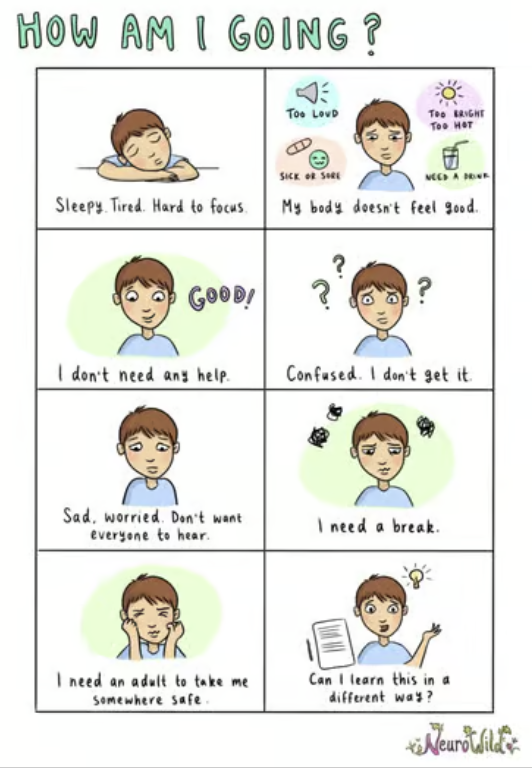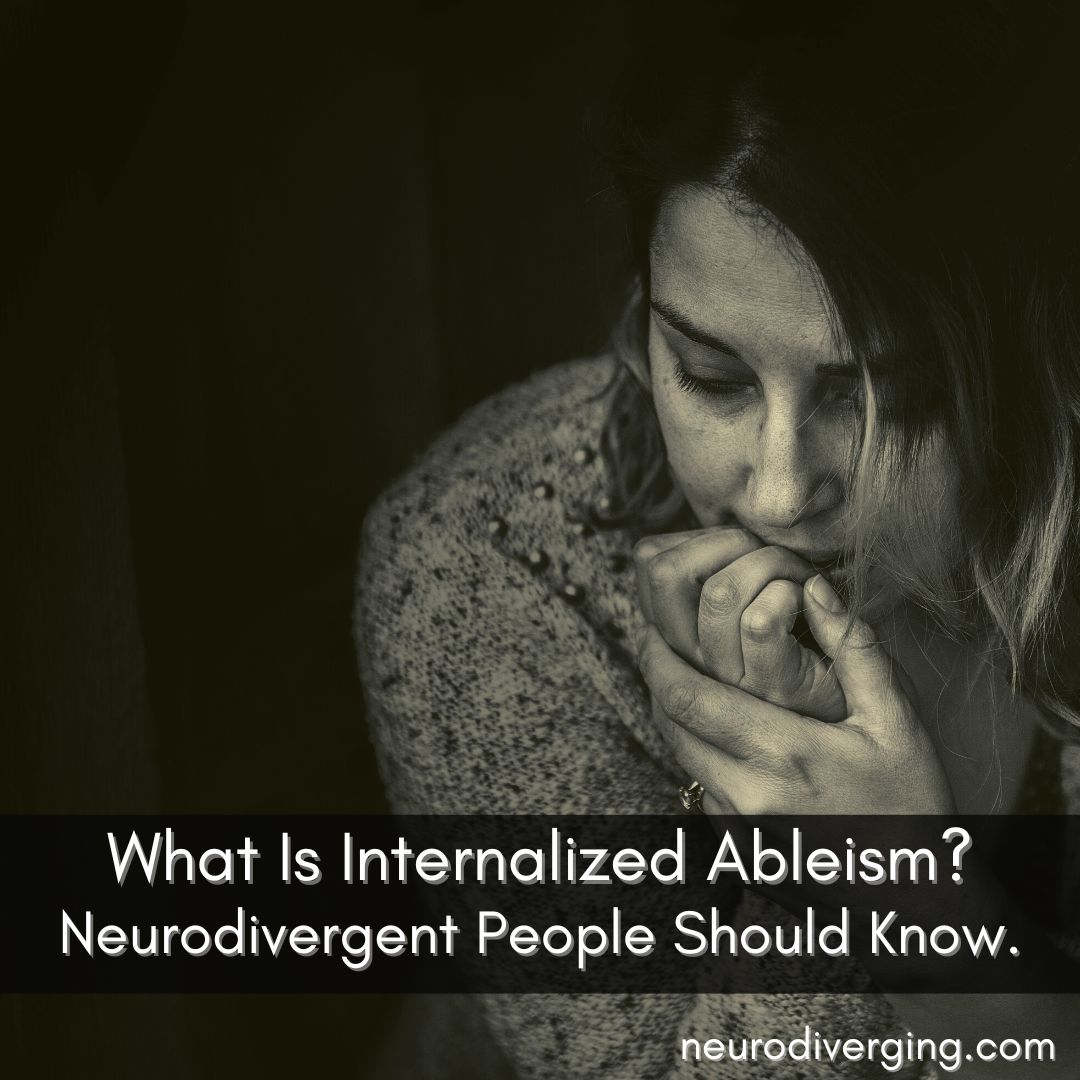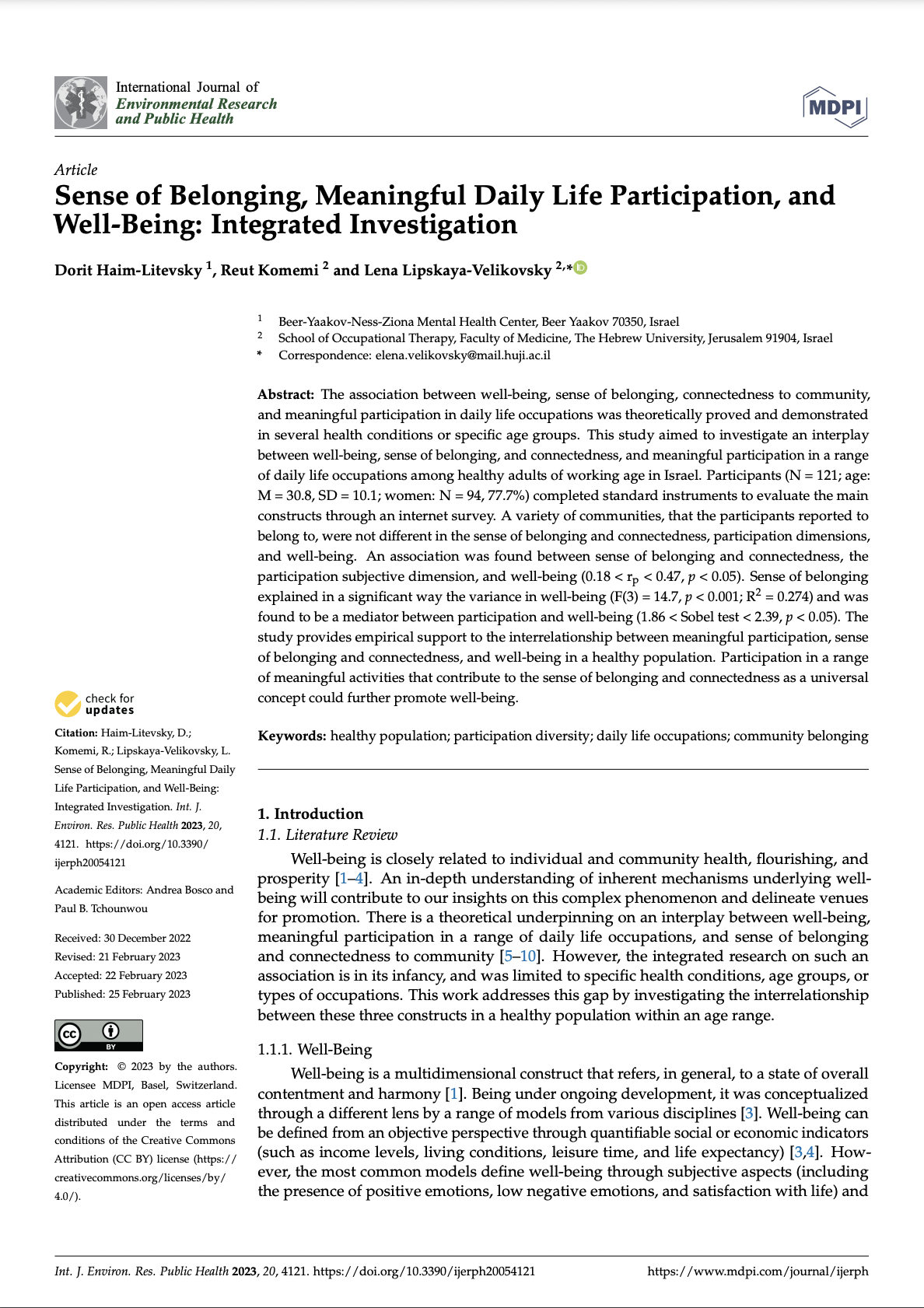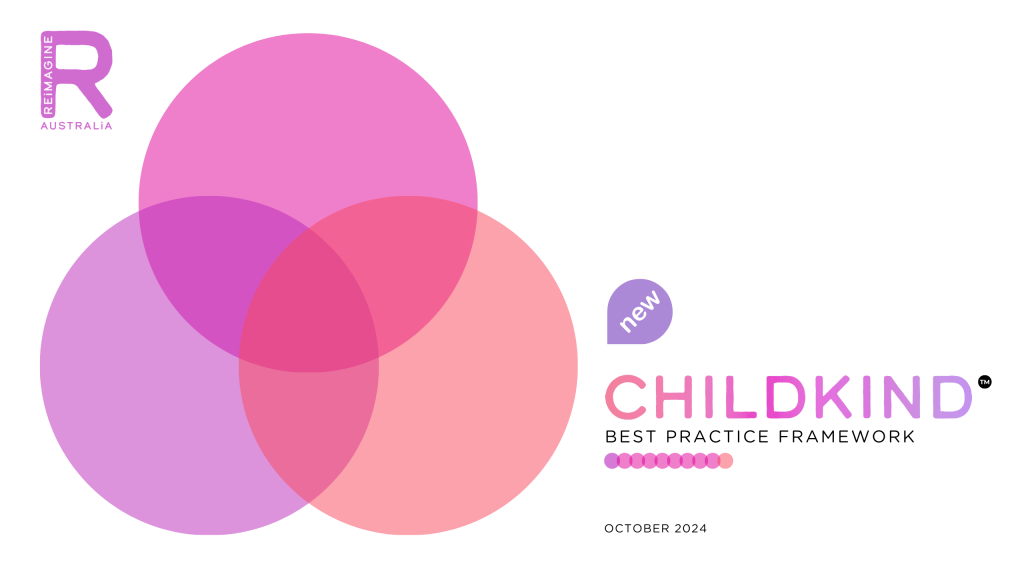CHILDKIND WAY OF WORKING #3

“Adapting practices to ensure all children and families feel valued, supported, and fully integrated into their communities.“
Centre Me & My Family embraces the importance of prioritising the needs, values, and perspectives of families in all decision-making processes related to their child, through:
Belonging to your community is essential for overall wellbeing. Citing a number of authors McMillan,1996; Holt-Lunstad, etal.(2017); Wilcock, 2007, 2015; Wilcock & Hocking, 2015; Hammell, 2014), Haim-Litevsky and colleagues identified “a theoretical underpinning on an interplay between well-being, meaningful participation in a range of daily life occupations, and sense of belonging and connectedness to community” (2023, p. xx). To ensure this occurs, practices need to be adapted to ensure all children and families feel this sense of belonging, connectedness to community and valued as individuals.
In codesign with parents of children with disability, developmental delay, and neurodivergence, and the practitioners who support them, Reimagine Australia has developed the new National Guidelines for Best Practice in Early Childhood Intervention (2nd edition) which is comprised of three pillars that are all fundamental to inclusion – Understand Me, Support Me, Enable Me – and which are supported buy 12 key principles. (2024)
Promote Inclusion, as a way of working, relates to the ‘design and delivery of services and supports‘ phase of the child’s early developmental support journey. This way of working is broken down into 3 Key Competencies. In practice, these competencies might be demonstrated as follows:
Advocacy: Ensuring that the rights of all children with disabilities and their families are promoted and protected. Being an advocate can mean you might work on behalf of a child with a disability or their family to help achieve an outcome, but also encourage, enable and support the family to become their own advocates.
Honour CALD, First Nations & LGBTQIA+ Perspectives: It is essential that all individuals feel a sense of belonging to their community. To enable this to occur, you will embrace and honour diverse cultural backgrounds and identities, acknowledging that everyone deserves to feel comfortable being their whole and authentic selves.
Anti-ableist & neuro-affirming practice: Neurodivergence is not a deficit. Ableism is discrimination in favour of able-bodied people. It is unacceptable for people to be discriminated against for any reason. To affirm neurodiversity and combat ableism you will show value for all individuals, and you will seen any variation in thinking or development as difference that is celebrated and valued.

Self-advocacy cards designed by Neurowild for Neurodivergent students. These cards are available for parents for a small fee.

Article – Nelson, J. (2024). Honouring diversity for respectful inclusion. ICA.

Article – Neurodiverging (2023). What is internalized ableism? Neurodivergent people need to know.

Haim-Litevsky D, Komemi R, Lipskaya-Velikovsky L. Sense of Belonging, Meaningful Daily Life Participation, and Well-Being: Integrated Investigation. Int J Environ Res Public Health. 2023 Feb 25;20(5):4121. doi: 10.3390/ijerph20054121. PMID: 36901132; PMCID: PMC10002207.
Children with disabilities are at a higher risk for trauma exposure, and a trauma-informed approach is essential to address their unique needs, helping to create a safe and supportive environment that fosters healing and resilience.
National Child Traumatic Stress Network (NCTSN), "Trauma-Informed Care for Children with Disabilities," 2019.
Access more information on the ChildKind Best Practice Framework with its 10 Ways of Working, 30 Key Competencies and 8 supporting Values and Behaviours here:
